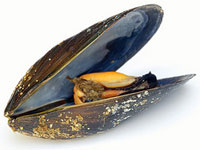 Mussels can be a mouthwatering meal, but the chemistry that lets mussels stick to underwater surfaces may also provide a highly adhesive wound closure and more effective healing from surgery.
Mussels can be a mouthwatering meal, but the chemistry that lets mussels stick to underwater surfaces may also provide a highly adhesive wound closure and more effective healing from surgery.
Jan 9th, 2013
Read more
 Researchers uncover a synthetic material that rebuilds itself through chemical communication.
Researchers uncover a synthetic material that rebuilds itself through chemical communication.
Jan 9th, 2013
Read more
 The bioeconomy sector is an industry which is rapidly growing in importance on a global scale. As we continue to consume the Earth's resources, many of which are not renewable, alternatives to fossil fuels for energy and industrial raw materials are a primary focus.
The bioeconomy sector is an industry which is rapidly growing in importance on a global scale. As we continue to consume the Earth's resources, many of which are not renewable, alternatives to fossil fuels for energy and industrial raw materials are a primary focus.
Jan 8th, 2013
Read more
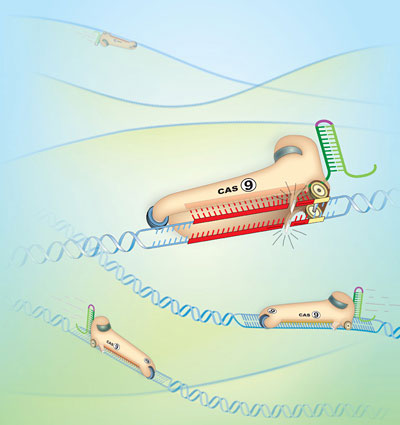 Bacterial enzyme binds with RNA to home in on genes and cut double-stranded DNA.
Bacterial enzyme binds with RNA to home in on genes and cut double-stranded DNA.
Jan 8th, 2013
Read more
The Chinese government will give a boost to the biotechnology industry in order to tackle problems related to population growth, food safety, energy conservation and environmental protection, the State Council said Sunday.
Jan 8th, 2013
Read more
A new review outlines how materiomics sets the stage for a transformative change in the approach to biomaterials research to enable the design of tailored and functional materials for a variety of properties in fields as diverse as tissue engineering, disease diagnosis and de novo materials design, by combining powerful computational modelling and screening with advanced experimental techniques.
Jan 8th, 2013
Read more
Chemists at the University of California, Davis, have engineered blue-green algae to grow chemical precursors for fuels and plastics -- the first step in replacing fossil fuels as raw materials for the chemical industry.
Jan 8th, 2013
Read more
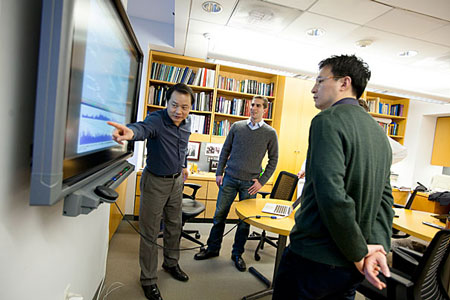 The notion that police can identify a suspect based on the tiniest drop of blood or trace of tissue has long been a staple of TV dramas, but scientists at Harvard have taken the idea a step further. Using just a single human cell, they can reproduce an individual's entire genome.
The notion that police can identify a suspect based on the tiniest drop of blood or trace of tissue has long been a staple of TV dramas, but scientists at Harvard have taken the idea a step further. Using just a single human cell, they can reproduce an individual's entire genome.
Jan 7th, 2013
Read more
Architecture of essential human transcription factor revealed.
Jan 7th, 2013
Read more
New study applies quantitative modeling to genomics.
Jan 5th, 2013
Read more
 Researchers working on the biofuel crop Miscanthus sacchariflorus, commonly known as Asian Elephant Grass, have shown that delaying flowering in the plant can result in a 50% growth increase.
Researchers working on the biofuel crop Miscanthus sacchariflorus, commonly known as Asian Elephant Grass, have shown that delaying flowering in the plant can result in a 50% growth increase.
Jan 4th, 2013
Read more
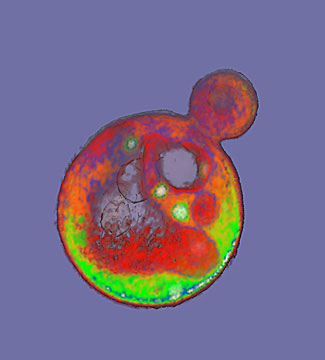 In a novel use of gene knockout technology, researchers tested the same gene inserted into 90 different locations in a yeast chromosome - and discovered that while the inserted gene never altered its surrounding chromatin landscape, differences in that immediate landscape measurably affected gene activity.
In a novel use of gene knockout technology, researchers tested the same gene inserted into 90 different locations in a yeast chromosome - and discovered that while the inserted gene never altered its surrounding chromatin landscape, differences in that immediate landscape measurably affected gene activity.
Jan 3rd, 2013
Read more
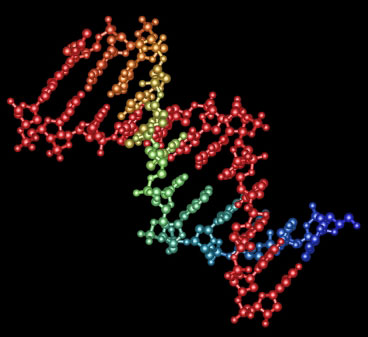 New method allows scientists to insert multiple genes in specific locations, delete defective genes.
New method allows scientists to insert multiple genes in specific locations, delete defective genes.
Jan 3rd, 2013
Read more
Researchers have demonstrated a way to easily distinguish undifferentiated embryonic stem cells from later-stage stem cells whose fate is sealed.
Jan 3rd, 2013
Read more
Advances in bio-technologies and computer software have helped make genome sequencing much more common than in the past. But still in question are both the accuracy of different sequencing methods and the best ways to evaluate these efforts. Now, computer scientists have devised a tool to better measure the validity of genome sequencing.
Jan 2nd, 2013
Read more
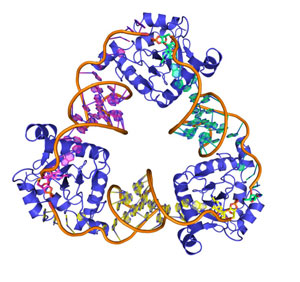 How can bacteria protect themselves from lethal infection by viral parasites? One extreme way is for individual cells to commit suicide when infected, thereby preventing or limiting viral replication and protecting the rest of the bacterial population from subsequent infections.
How can bacteria protect themselves from lethal infection by viral parasites? One extreme way is for individual cells to commit suicide when infected, thereby preventing or limiting viral replication and protecting the rest of the bacterial population from subsequent infections.
Jan 2nd, 2013
Read more
Questions loom for bioethics, laws of war, military operations, and broader society.
Jan 2nd, 2013
Read more
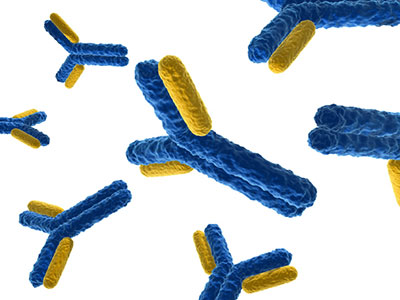 Insights into cellular productivity could boost generation of proteins with valuable research and medical applications.
Insights into cellular productivity could boost generation of proteins with valuable research and medical applications.
Jan 2nd, 2013
Read more
 Mussels can be a mouthwatering meal, but the chemistry that lets mussels stick to underwater surfaces may also provide a highly adhesive wound closure and more effective healing from surgery.
Mussels can be a mouthwatering meal, but the chemistry that lets mussels stick to underwater surfaces may also provide a highly adhesive wound closure and more effective healing from surgery.
 Subscribe to our Biotechnology News feed
Subscribe to our Biotechnology News feed







